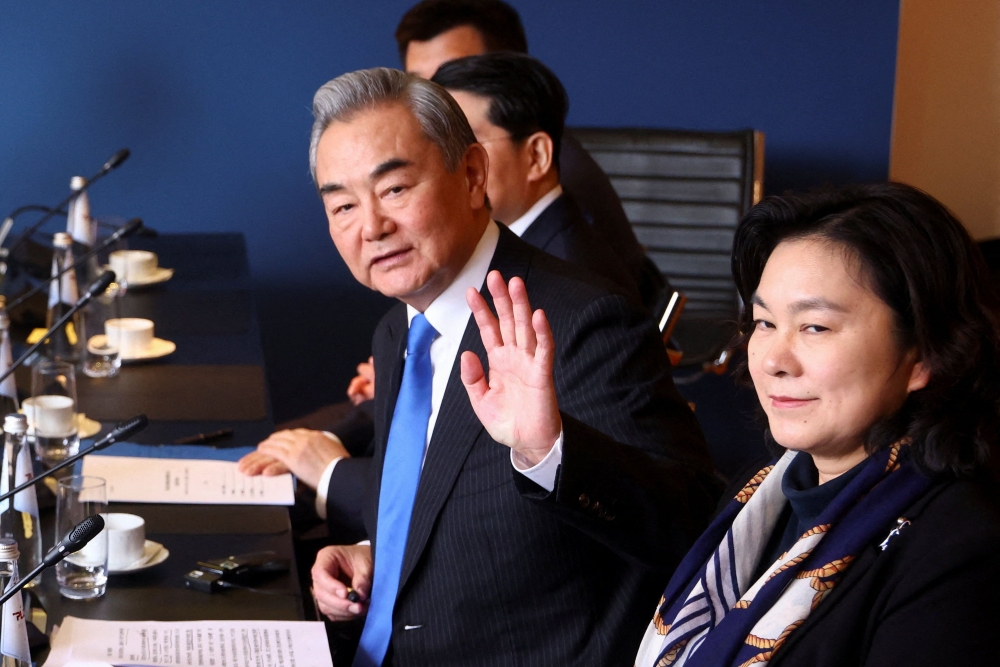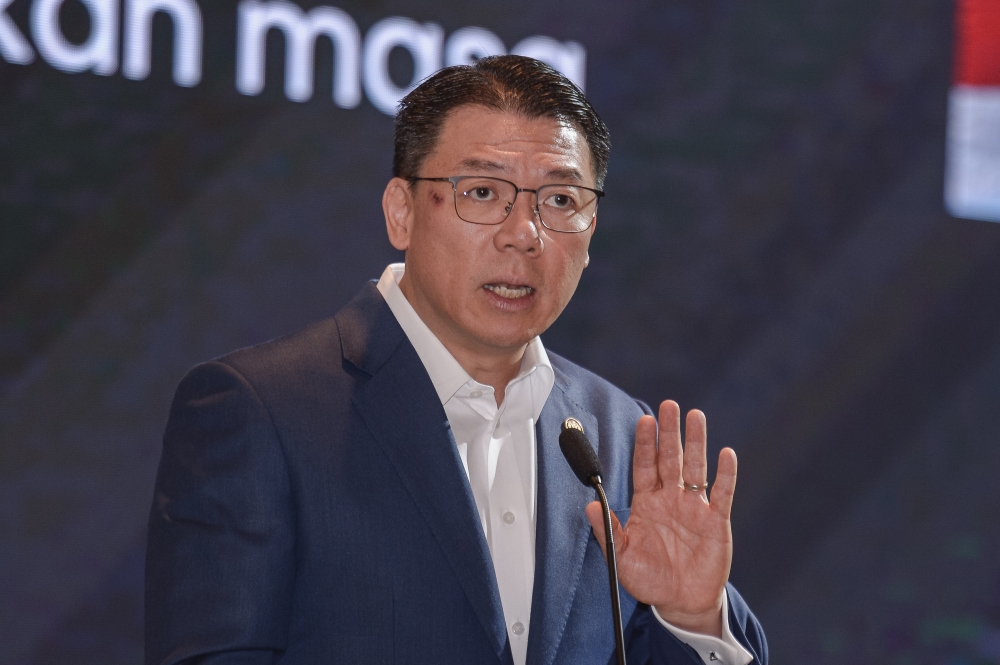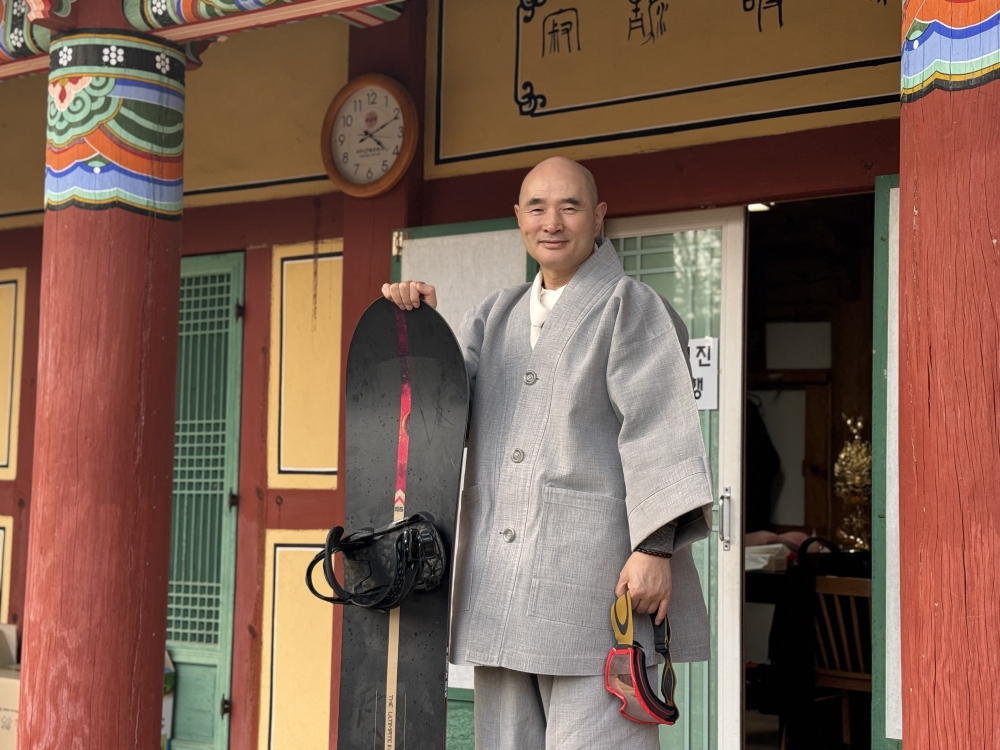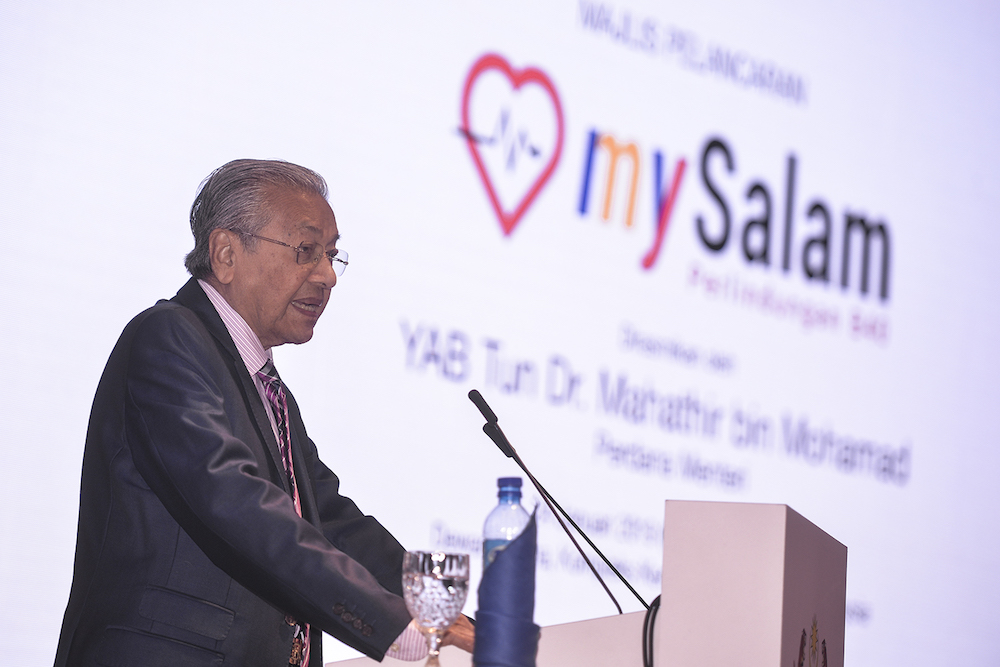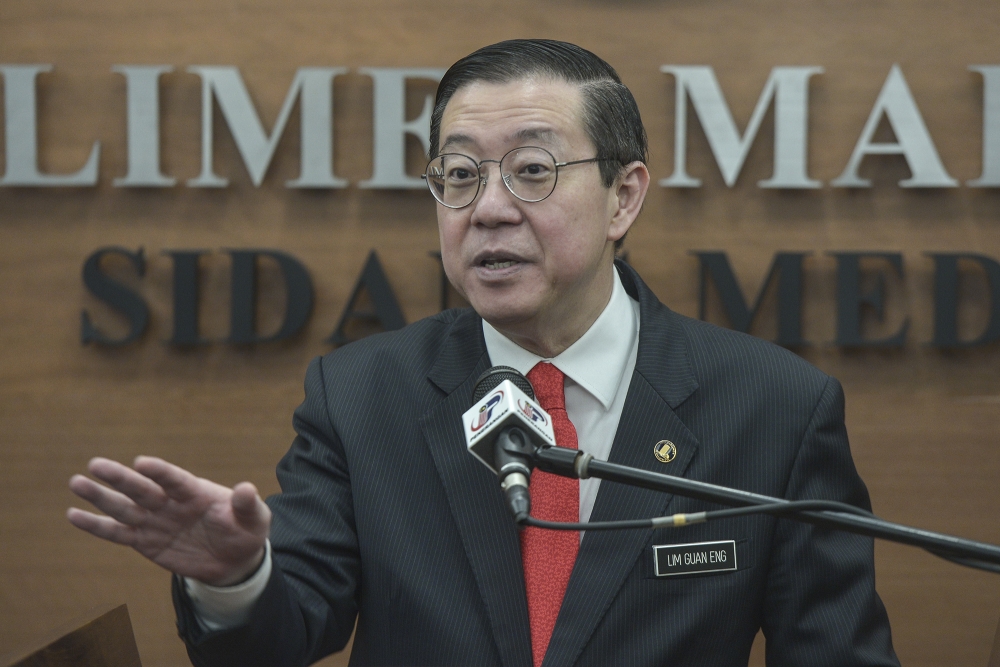KUALA LUMPUR, Jan 30 — Pharmacists have joined the chorus of medical professionals who are dissatisfied with the government’s new mySalam and Peka B40 medical schemes.
Malaysian Pharmaceutical Society (MPS) expressed its shock that it and other health-related non-governmental organisations weren’t involved with the planning process for the two schemes which is supposed to cater to lower-income bracket earners.
“While we laud the government’s initiatives in assisting the lower-income group in Malaysia, we are in the dark over the two new schemes,” MPS said in a statement today.
“MPS strongly believes the views and insights of pharmacists should have been taken into account prior to the establishment of the two schemes.”
Due to the lack of clarity on the two new schemes, MPS president Amrahi Buang accused the government of being “dichotomous” with the state of the health care system and of not optimising all health care services including the private sector.
He stressed that pharmacists, including community pharmacists, are able to initiate non-medical interventions.
“Why can’t a community pharmacist carry out health care screenings? It’s not like a pharmacist will be diagnosing the patient but merely carrying out the screening,” Amrahi said in the statement.
“But it looks like the new government is going to continue with the dichotomous state of the health care system. If this continues, will it be done with an enhanced primary care service involving only government doctors and pharmacists?” he asked.
As hospitals are expected to get busier once these schemes roll out in the second quarter of 2019, Amrahi wondered if government hospitals will be able to cope with the demand.
“Can the government cope with the demand and added responsibility? If this is going to be a public and private partnership, then by right the B40 group should also enjoy access to the private sector under these two schemes,” he added.
He further said the government needs to adopt a national health policy which will ensure the roles of doctors and pharmacists are clearly defined.
The mySalam health insurance scheme, to which insurance company Great Eastern Takaful Berhad has contributed RM2 billion, is expected to benefit 3.69 million people from the B40 group who would get a one-off payment of RM8,000 if they suffered one of 36 critical illnesses.
They would also get up to RM700 annually if they sought treatment at hospitals for a maximum of 14 days a year.
Whereas the Peka B40 scheme, for the bottom 40 per cent of income-earners aged 50 and above, the maximum is RM20,000 to purchase medical devices, RM1,000 incentive to complete cancer treatment, and transport aid (RM500 maximum for each disease for peninsular recipients and RM1,000 for Sabahans and Sarawakians) are all limited to patients at Ministry of Health (MoH) hospitals. An estimated 800,000 will benefit from this scheme.
Other public facilities like university hospitals are not covered.
General practitioners have reportedly shunned Peka B40, citing low rates offered by the MoH.
Federation of Private Medical Practitioners Association of Malaysia (FPMPAM) president Dr Steven Chow Kim Weng told Malay Mail that the MoH originally offered private doctors RM35 for the first visit and RM30 for the second visit if the results were abnormal and the patient was referred subsequently to a government clinic.
“The doctors asked for a simplified single payment of RM65 which would cover both the visits regardless if the blood tests results were normal or otherwise,” Dr Chow told Malay Mail.
“The MoH then countered with an even lower offer of RM40 for first visit and RM20 for follow-up visit. Doctors in clinics will have major administrative difficulty chasing after patients who do not return for follow-up,” he added.
MMA president Dr Mohamed Namazie Ibrahim highlighted the Social Security Organisation (Socso) has a similar health screening programme for members aged 40 and above while the Selangor state government also has a breast cancer screening programme.
Socso’s screening programme is underutilised with over two million vouchers still available.







